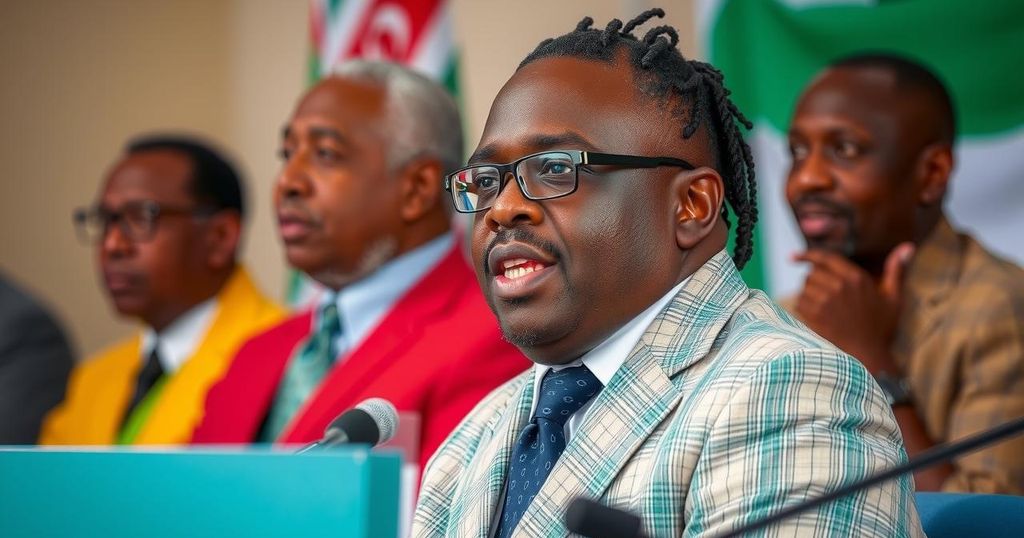South Sudan Prepares for 2026 Elections: Will Readiness Be Achieved?

South Sudan is scheduled to conduct general elections in December 2026 after multiple delays since its initial planning. Obstacles include the requirement for a census, a permanent constitution, and party registration. Key figures emphasize that political commitment and sufficient funding are crucial for successful elections, which have the potential to stabilize the political landscape.
South Sudan is preparing to hold its long-awaited general elections in December 2026, but many are uncertain about the nation’s readiness for this pivotal moment in its governance. Originally scheduled for this month, the elections were postponed due to insufficient time to complete essential preparations, including conducting a census, formulating a permanent constitution, and registering political entities. This delay was announced in June and has extended the tenure of the current transitional administration, led by President Salva Kiir.
Abendengo Akok, the chairperson of South Sudan’s National Electoral Commission, emphasized that political commitment is crucial for a successful electoral process, referencing the significance of the 2018 peace agreement that concluded the civil war. “If we are serious, two years are enough for us to run the election,” he asserted, while also highlighting that sufficient funding is vital for the election’s success.
Nicholas Haysom, head of the United Nations Mission in South Sudan, articulated concerns about mismanaged elections potentially triggering renewed violence and threatening national stability. He stated, “We have been insisting that properly prepared elections, which have also been preceded by proper trust-building exercises, can play a significant role in taking an exercise which can be very divisive and make it a nation-building exercise.” He stressed that collective participation in the elections would empower citizens to shape the future of South Sudan.
Since gaining independence from Sudan in 2011, South Sudan had initially planned its first election for 2015; however, a civil war erupted in 2013 due to a power struggle between President Kiir and rebel leader Riek Machar. A comprehensive peace agreement was signed in 2018, aimed at facilitating the elections this month. Nevertheless, the agreement was amended in June to delay the elections by two additional years.
Many citizens, such as Wani Yusuf, who participated in the referendum for secession, eagerly anticipate their first vote in a democratic election. However, Yusuf expresses skepticism regarding the feasibility of the 2026 elections, noting, “When you look at the period that we spend postponing the election, it still tells you that that if they cannot conduct election in that time up to now, then there is also high possibility that election might not take place within those two years’ time.”
In addition to financial constraints, the electoral commission faces significant logistical challenges, including conducting a census and developing electoral guidelines, a process estimated to take up to 17 months. Gabriel Deng, the deputy chair of the commission, indicated that these processes are currently stalled due to budgetary limitations.
South Sudan, the youngest nation in the world, gained its independence from Sudan in 2011. The country has faced numerous challenges since its inception, including ongoing political instability and civil conflict. Plans for democratic governance have been periodically disrupted by violence and logistical delays. The anticipated elections in December 2026 are seen as a critical juncture for establishing a stable and democratic political framework, with both national and international stakeholders expressing concern over the preparations necessary for a successful electoral process.
In conclusion, the upcoming general elections in South Sudan set for December 2026 are fraught with uncertainty, with doubts surrounding the country’s readiness and stability. Leadership within the National Electoral Commission has underscored the importance of political will and adequate funding for the elections to be successful. Concerns regarding possible post-election violence highlight the need for effective planning and trust-building measures, making the aforementioned elections a potential turning point for the nation’s governance and peace.
Original Source: www.voanews.com







